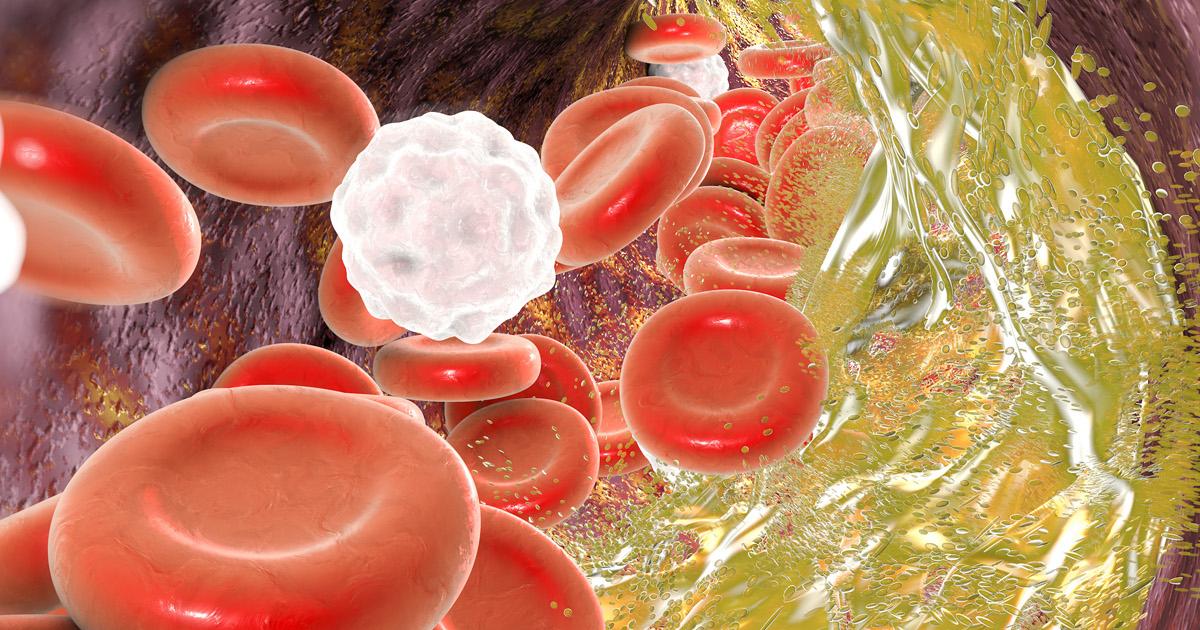Guide To The Amazing Health Benefits Of Bell Peppers
Bell peppers are often one of the key pillars to creating a colorful and aesthetically pleasing dish. The vibrant reds, oranges, yellows, and greens found in bell peppers add a spark of life to dishes that utilize them. But bell peppers are also dense with healthy nutrients the body needs to function properly and fight off chronic diseases and afflictions. When individuals consider what fruits and vegetables to include in their diet, bell peppers should be high on the list. Why? Get to know the details about the delicious and amazing health benefits associated with the nutrient capacity of bell peppers now.
Cut The Risk Of Conditions Affecting Vision

One of the greatest benefits of consuming bell peppers is their contribution to healthy eyesight. Bell peppers are packed with carotenoids like lutein, zeaxanthin, and beta-carotene, the same carotenoid found in carrots that promotes healthy eyesight. All three of these substances are found in abundant quantities in bell peppers and work to protect the retina from oxidative damage. They also reduce incidences of cataracts and macular degeneration, which are both visual impairments associated with aging and various types of infections. Bell peppers are also rich in vitamin A, which also aids in preserving an individual's eyesight. These benefits also carry over to aid in night vision, since these vitamins boost the function of retinas in low light conditions.
Keep reading to reveal more health benefits of bell peppers now.
Packed With Antioxidants

Bell peppers, particularly red bell peppers, get their vibrant colors from large quantities of lycopene, which also gives tomatoes their red color. Bell peppers’ lycopene content combined with their elevated quantities of vitamin A and C contribute to cumulatively high antioxidant levels in the peppers. Antioxidants are beneficial because they help combat free radicals in the body that damage cells and the genetic material they contain. Free radicals are generated in the body when it processes food, sunlight, and various types of toxins like smoke, so antioxidants help prevent this production. The damage caused by free radicals in the body has been linked to the development of cancer, so the effective reduction of free radicals in the body facilitated by antioxidants can contribute to preventing some forms of cancer. Consuming adequate quantities of antioxidants also reduces oxidative damage, which afflicts organs in the body and can be particularly fatal.
Uncover more ways in which bell peppers benefit health now.
Prevents Anemia

Anemia is an affliction to red blood cells that reduces their ability to deliver oxygen molecules to the body in sufficient quantities. Iron deficiency is one of the most common causes of anemia, but the nutrient contents of bell peppers aid in preserving optimal iron quantities in the body. Bell peppers are themselves a rich source of iron, but they also contain substances that aid in iron absorption and delivery in the body. The abundance of vitamin C found in bell peppers works to dramatically increase rates of iron absorption. Bell peppers are also a rich source of folate and vitamin B6, both of which are crucial for healthy red blood cell production. Vitamin B6 is necessary for the production of hemoglobin, the protein in blood that binds and delivers oxygen in the body, and folate is necessary to produce red blood cells. Insufficient quantities of any of these vitamins can cause anemia, so consuming bell peppers helps ward off these deficiencies and prevents anemia.
Get more details on the health benefits of bell peppers now.
Reduces Bad Cholesterol

Consuming sufficient quantities of bell peppers reduces bad cholesterol. Additionally, replacing less healthy foods with bell peppers not only reduces the quantity of harmful substances entering the body, but it also provides the body with healthy amounts of nutrients it needs to function properly. Replacing fatty foods high in low-density lipoprotein (bad) cholesterol, with healthy foods like bell peppers is one way in which bell peppers can aid in weight loss and reducing bad cholesterol.
Bell peppers are naturally fat-free and very low in calories. Consuming bell peppers also means individuals are consuming substances like vitamins A and C as well as soluble fiber that all aid in reducing the quantities of bad cholesterol in the body. Bell peppers also contain vitamin E, which works to stop cholesterol from hardening in arteries, which in turn helps prevent cardiovascular disease. These combined benefits of bell peppers can contribute to a healthy reduction in cholesterol and promote a more balanced diet that reduces the chances of chronic diseases like heart disease.
Learn about other ways in which consuming bell peppers benefits health now.
Lessens Inflammation

The anti-inflammatory effects of consuming bell peppers are beneficial in treating a variety of bodily afflictions. Consuming sufficient amounts of bell peppers can reduce chronic joint and muscle inflammation long-term, which are both associated with pain and discomfort, as well as a host of other disease and conditions. The anti-inflammatory properties of bell peppers can also minimize the severity of allergic reactions and reduce the symptoms of seasonal allergies.
Bell peppers derive their anti-inflammatory properties mostly from their content of vitamin C and rich supply of antioxidants like quercetin. One caveat to the anti-inflammatory effects of bell peppers is they may not be beneficial to individuals afflicted with arthritis. Although bell peppers can reduce inflammation, they also contain solanine, which is reported to be the source of pain associated with arthritis. More research is necessary to confirm the effects of bell peppers on those who suffer from arthritis, but the powerful anti-inflammatory effects may be outweighed by the pain they could be contributing to. Despite this exception, including bell peppers regularly in one's diet lessens inflammation caused by a variety of other factors.
